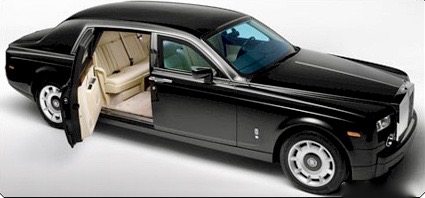TRISHA CURRY WRITES – An increasingly asked question these days: Whom do economic sanctions hurt the most?
Take the case of North Korea (Democratic People’s Republic of Korea – DPRK). This troubled nation of 25 million is dangerously close to a return to its dismal economic status of 1997 – one of its weakest points. An overall contraction of just 5 percent would plummet North Korea into one of its worst downturns since the notorious 1990’s famine.
Recent sanctions by the U.N. Security Council are affecting nearly all facets of North Korean exports, ranging from raw materials, minerals and clothes to manual laborers and software engineers. China’s support of the sanctions, which accounts for approximately 90 percent of NK’s trade, have added to the economic slump; exports to China are at a trickle. Per the Korea International Trade Association, exports fell 90 percent in one year, to just US$195 million in 2018. The loss of business is significant to the North Korean economy— but who is bearing the main burden?
Recent reports would indicate that it is not Kim Jong-Un.
Prior to sanctions, North Korea imported around 3.9 million barrels of oil (2015) per the CIA’s ‘World Fact Book’. Sanctions capped the countries’ imports to 500,000 barrels of oil last year; but North Korea’s port received at least 263 tanker deliveries of refined petroleum, according to U.S. estimates—bringing in as much as 3.78 million barrels of fuel. In 2018, reports reached Hugh Griffiths, Head of the Countering Illicit Trafficking–Mechanism Assessment Project, that Kim Jong-Un was siphoning more than petroleum past global economic sanctions; he was sporting a new limousine as well. Kim Jong-Un will probably suck in many more sanctioned goods — and probably some more dangerous than a limo. If he is not feeling the effects of the sanctions in North Korea, who is?
Despite reports that oil is still flowing into the country, North Korea’s overall consumption has fallen by about 80 percent, from 1991-2017 (UN World Food Program). Less available fuel means fewer farm tractors and irrigation pumps doing their thing, delivering a painful blow to farmers already affected by the droughts of last summer.
In addition, de-forestation issues persist as people cut down trees for fuel and firewood (even though tree demolition is technically subject to the death penalty). De-forestation balloons during the rainy season, when flooding occurs, ever-worsened by the tree thinning.
None of these issues will be resolved until the people of North Korea are provided with an economy that keeps them higher than the level of mere subsistence— the core problem the population is facing. While sanctions are an important negotiation tactic, the people of North Korea are the ones primarily shouldering the impact. Perhaps this comes as little surprise; but perhaps policy-makers might start to keep this unpleasant fact in mind when they rachet up sanctions. Who are they really hurting?

